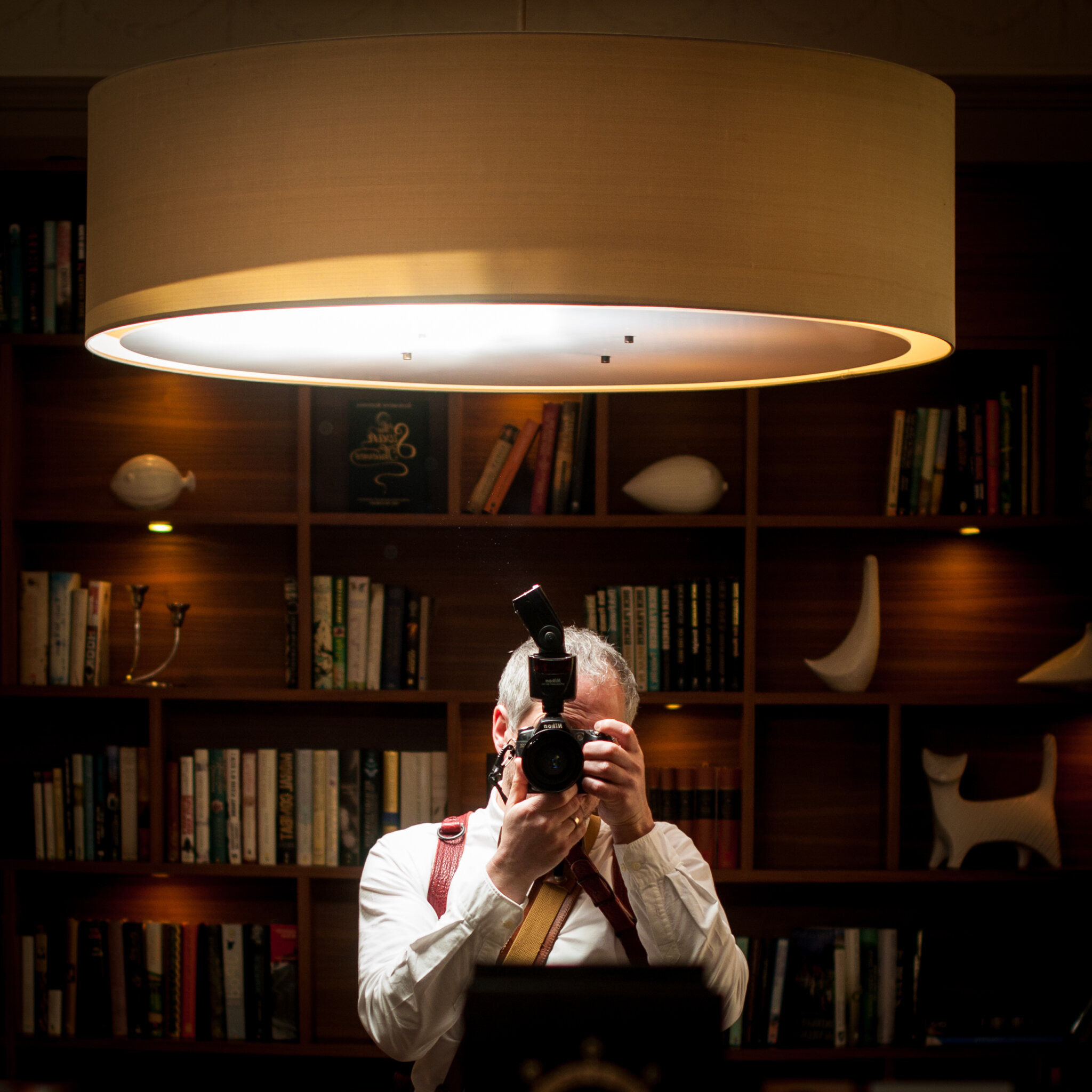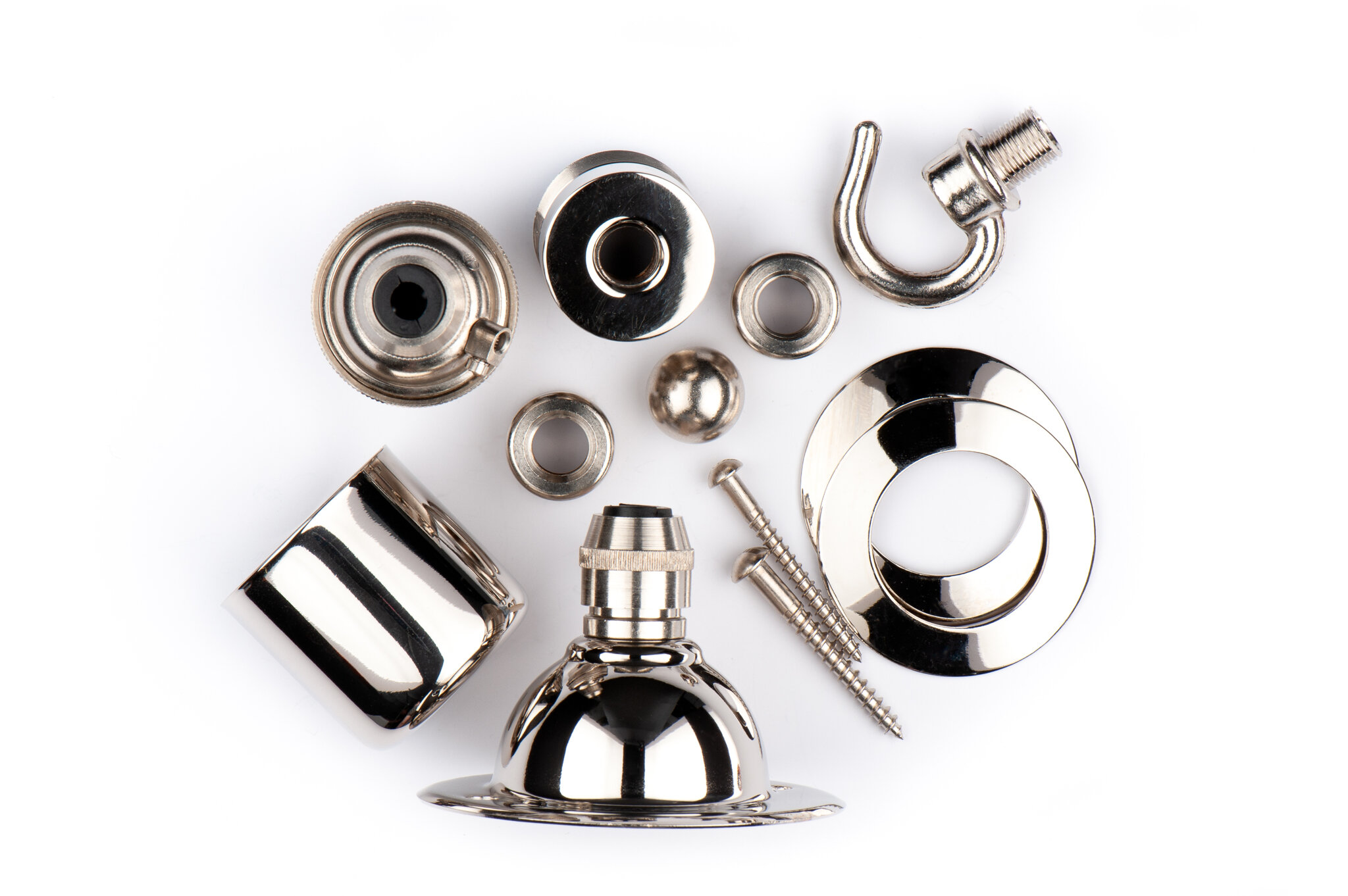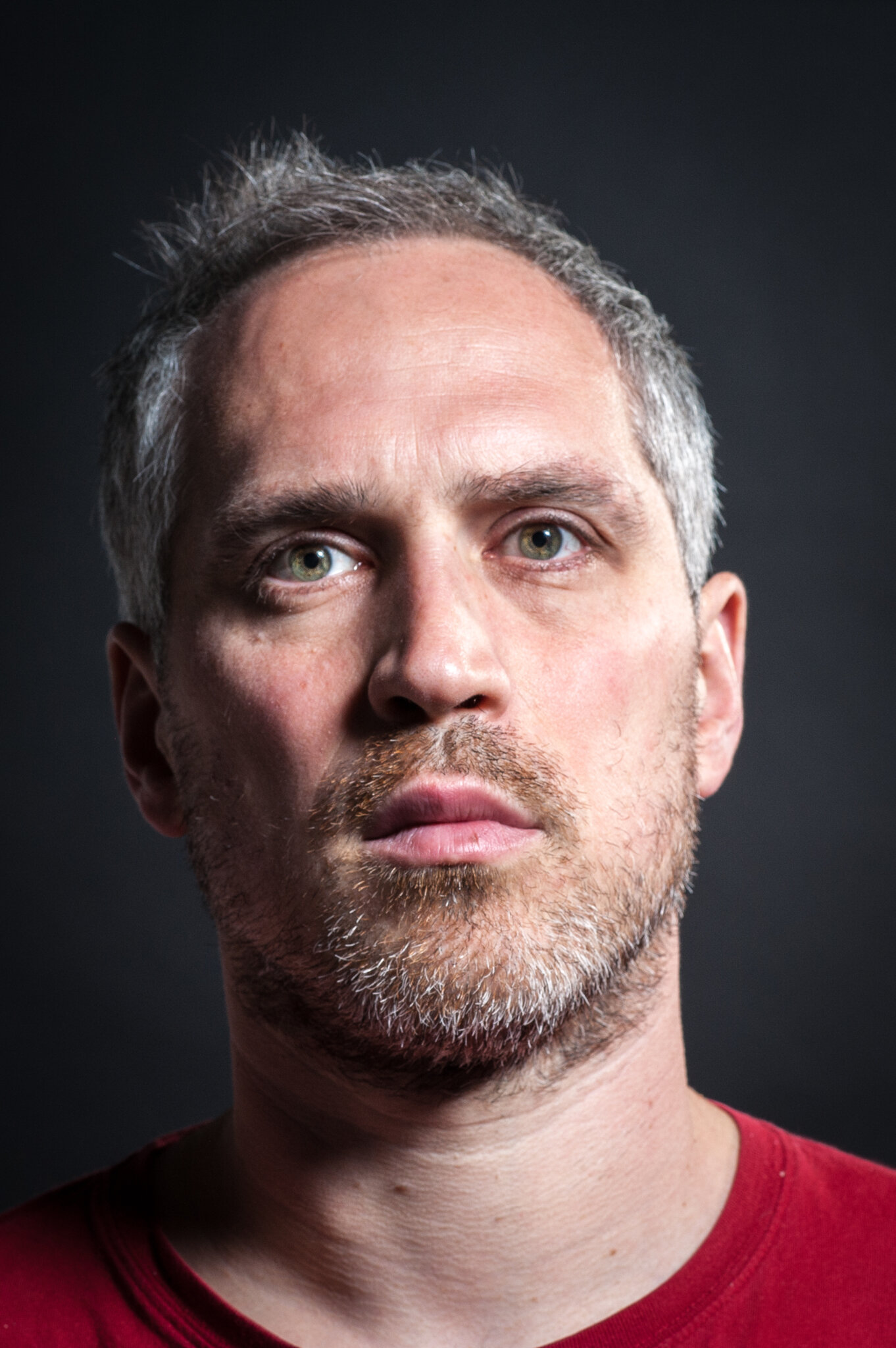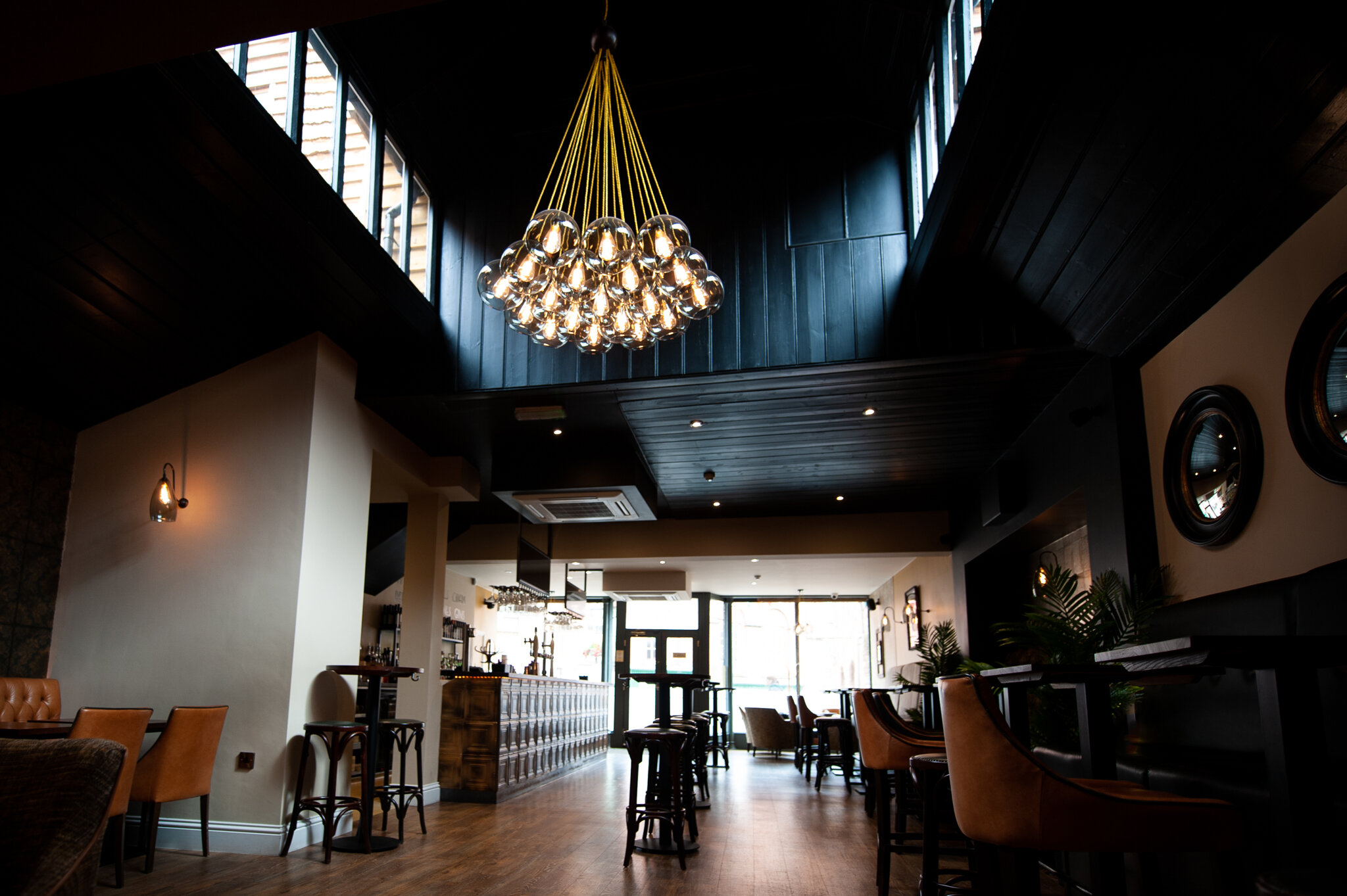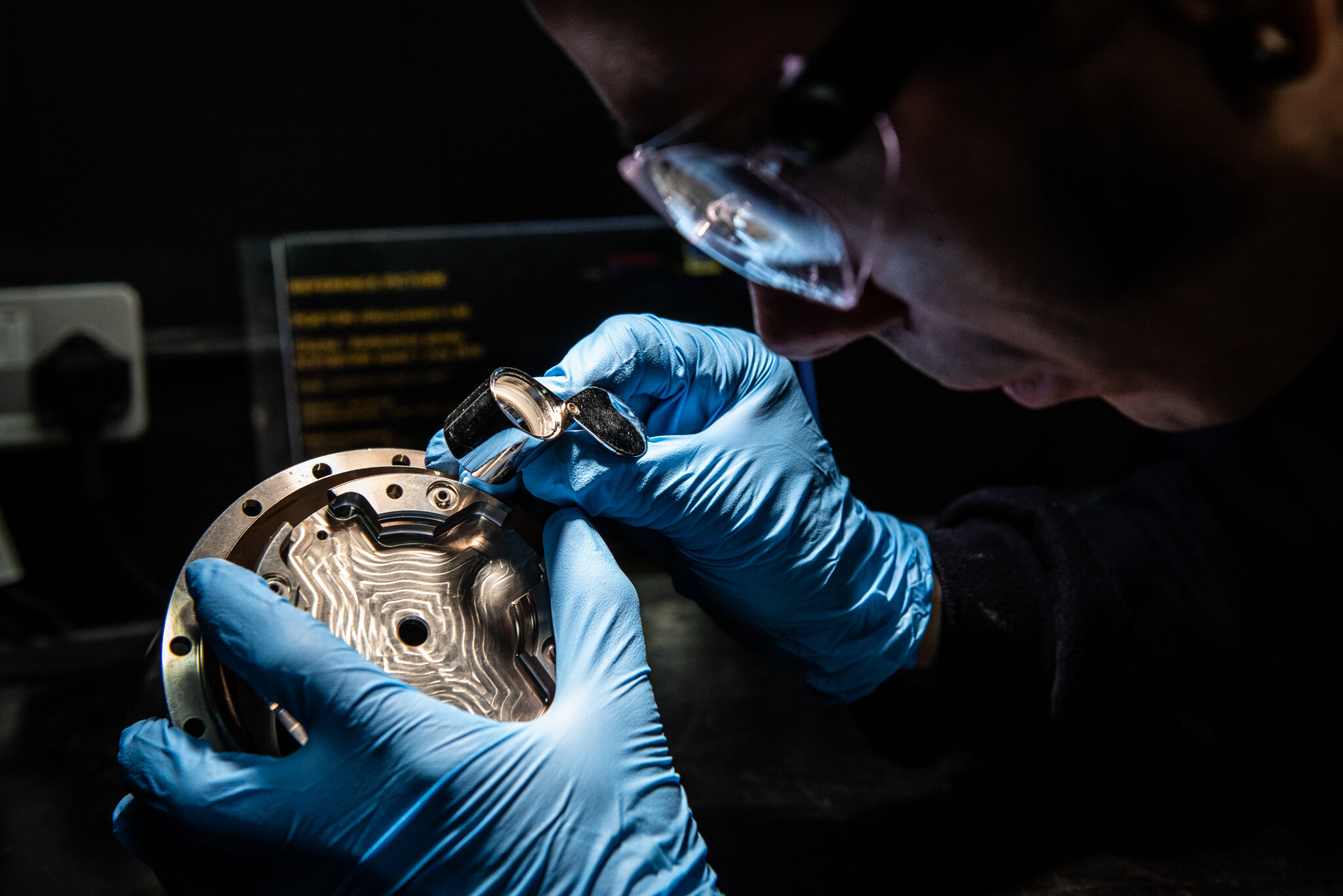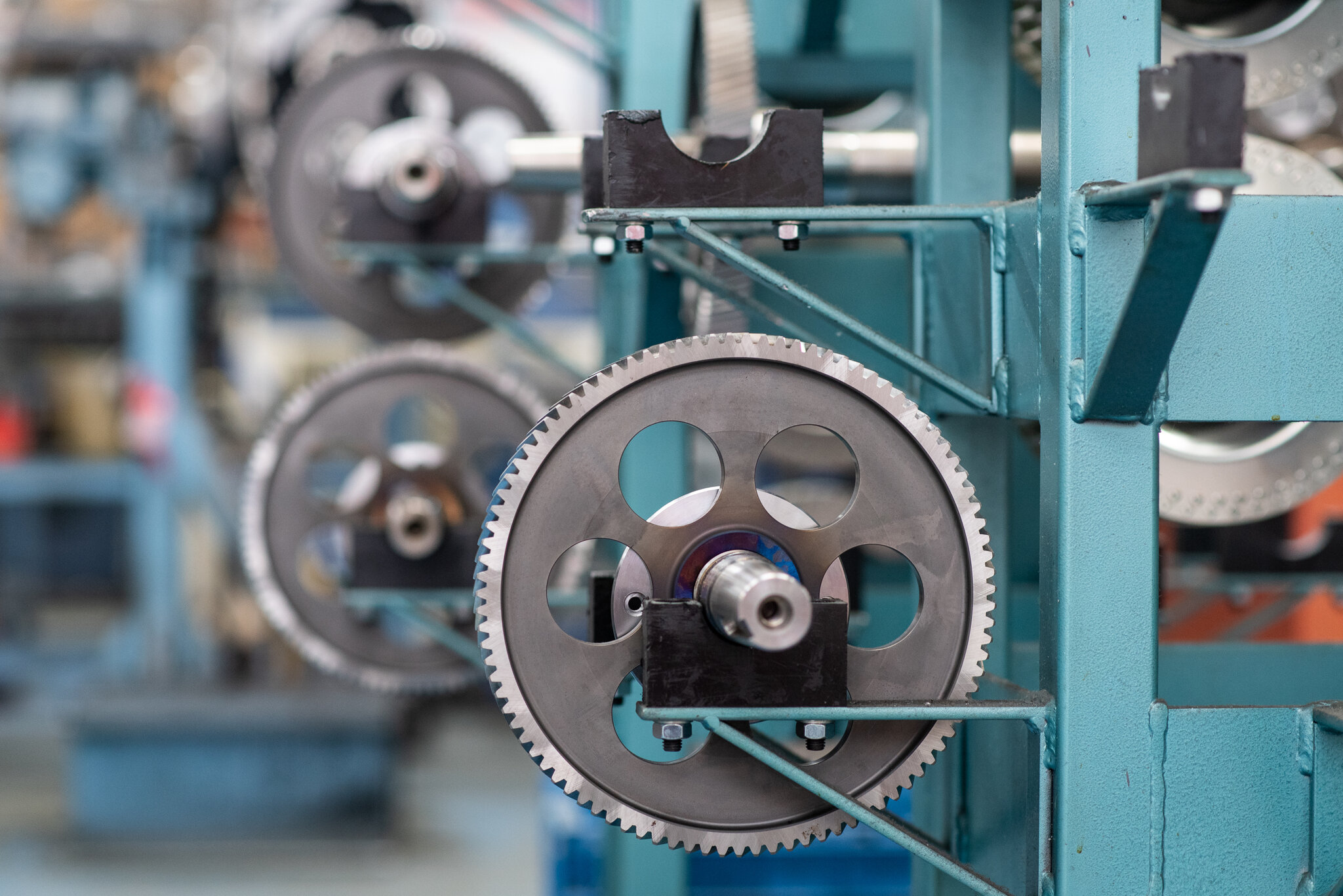Dan Barker - Engineer to Industrial Photographer
“I didn’t want to waste 30 years doing work that I didn’t enjoy - waiting around for a pointless dream of retiring and “not working”.
I’ve created a new dream in which the idea of “work” has evolved into something very different for me. Something that I’d be happy to do for a very long time.”
Dan Barker designed a career change from Engineer to Industrial Photographer - read his story and the challenges he overcame along the way.
Overview of earlier career.
As a child I developed this idea that I wanted to be an engineer. I liked the idea of inventing things. I was always good at Maths and Physics so Mechanical Engineering sounded like a good idea at the time.
A normal idea.
My granddad was a dentist and he embedded the idea of “being your own boss” and I kind of liked that idea. After university (and a year out to work a season in the snow), a local aerospace company were offering a 6 week training course to graduates. If you did well at the course work and tests, you got a job. I’ve always been a good student, and I passed. I was committed to work for them for a minimum of a year as part of the deal.
I never really enjoyed the work, but somehow managed to put up with it in the belief that it would improve one day.
Then I spent a long time distracting myself from the job - things like buying a house, doing it up and hobbies like biking. I’d spend hours thinking about these other things at work, then get out of work and do them in order to forget work.
The trigger for change?
When I met my wife she was running her own business - this turned out to be a significant detail in my career change journey.
Around the same time, I decided to become a subcontractor in the aerospace industry because I knew I could earn twice my salary doing the same work. This was my first step towards freedom. After we had our first baby, my wife’s business was struggling and we decided that I would step in to help her save it.
To save money, we moved in with the in-laws and put everything we had into the business. Three months later, we made the decision to shut up shop. However, we were left with £90,000 of debt. We could have filed for bankruptcy but morally that felt wrong to us. We made the tough decision to pay off every penny of that debt.
We rented a small house (where we still live) and I went back to engineering as a subcontractor. It took 3 years, but we paid off the debt in full.
Around the same time that I went back to engineering, the local wine shop was having a new website created and wanted some photos but didn’t know where to start. My wife recommended me as I’d learnt quite a lot from taking photos for her shop the year before. I absolutely loved it and earned a little bit of money too.
I began to get excited by the idea of making money from something I really enjoyed. I couldn’t actually do anything about it because I had to stay focused on repaying the debt but it lit a different thought process within me.
First steps
Over the next couple of years I spent every spare minute learning as much as I could about photography. Eventually, I’d begin to believe in the possibility of doing work that I might really enjoy.
On every coffee break, lunch break and my half hour commute I began to listen to podcasts and audiobooks and read articles on-line. I learned about doing work that matters, about setting up a business, about being an entrepreneur and bringing some creativity into my work life.
I became super-excited about what I could do, when I was free enough to do it.
All the while, I was doing photography when I could but I was mostly sitting at a desk doing engineering work 8-10 hours of the day, which left me feeling lethargic.
After having built the photography work on the side of my full time job for some time, I moved to part-time engineering and part-time photography until I was pretty sure I could make a full-time living out of photography.
This was a full year after the outstanding debt was paid off.
I worked up to going full-time into photography by doing more and more.
I went full-time in September 2018 in my commercial and industrial photography business and have just expanded my studio space dramatically.
What Dan learned
If you don’t have any spare cash to invest in your new idea yet, invest your spare minutes in learning everything you can.
Podcasts are free. There are so many ways to learn for free. There’s a wealth of information on-line and it’s easy to find.
Everyone is just making it up as they go along
When I was a full-time permanent employee, I assumed everyone knew what they were doing. But the more I learn and the more I talk to people, I realise the world is just making it up as they go along. That was very freeing because it meant I didn’t need to know everything before having a go at business myself.
Imposter syndrome can be crippling
I’ve not had any ‘formal’ training as a photographer, but I’ve realised that taking great photos and editing them is only half of the story behind a successful photography business. The business side is really important - probably at least as important as photography skills. I’ve invested an awful lot of time in learning the business skills.
The shift from a technical career to a creative career is massive.
I used to think I liked engineering because things can only be right or wrong - they’re governed by the laws of physics. However, with photography, I love the fact that there are so many ‘right’ answers to a situation, because it’s your interpretation and opinion.
I never thought of myself as creative before. But really, most engineers spend their time thinking through creative solutions to difficult problems. I’ve come to value creativity more than I ever did in the past. In fact, I believe our future depends on it - it’s one important thing robots and AI can’t do!
Sometimes others can influence you more than you think, especially if they’ve had negative experiences. You can be swayed easily by these negative opinions unless you are very sure.
For instance, when I had my first thoughts of leaving my “safe” engineering career, my Dad was not sure and (understandably) advised me to persist in engineering. He’d had a bad experience setting up his own business and getting into a lot of debt years ago.
When I finally left that job, my Dad was the first to congratulate me and tell me he fully supported my decision. I’m pleased he questioned it initially, because it helped me think things through properly.
Most people respect what you’re doing if you’re honest with them. Often they respect you more - sometimes they even help you.
When I asked my boss if I could go part-time and he asked me why, I told him the truth about wanting to invest more time and effort into my photography business. I saw a different side to him. He was very happy for me and more than happy to help me make changes.
Others will tell you that it can’t be done. Don’t believe them.
Many of those people have regrets that they didn’t try harder.
We’ve been sold a false dream: Study, work, retire.
I didn’t want to waste 30 years doing work that I didn’t enjoy - waiting around for a pointless dream of retiring and “not working”. I have 4 kids and I don’t have a dream of stopping work. I’ve created a new dream in which the idea of “work” has evolved into something very different for me. Something that I’d be happy to do for a very long time. Sure, it would be good to to be financially free as soon as possible so that I can spend more time with my family, but I don’t envisage wanting to stop “working”.
Seek out successful people who inspire you and learn from them.
I read a book called Screw Work - Let’s Play by John Williams and it spoke to me. I chose John as one of the coaches who helped me make changes when I was surrounded by people who don’t think the way I do. Experiments are key. To begin with, every Friday afternoon I had some “play time” when I’d try out different things to see what happened.
I’m particularly grateful to my wife for enabling me to have that time back then.
How it feels on the days when Dan knows he has made the right decision?
I’m excited to get out of bed and get on with it!
My energy levels are different....I come back from a hard or long day at work and I’m still full of energy. It’s better for everyone - me, my wife and kids.
Regrets?
None!
Don’t get me wrong, the money side still worries me. I’ve only been doing photography full-time for just over a year. But I’m happy to be doing what I’m doing.
Dan Barker’s career change is a story of tenacity, experiments and learning.
Learn more about Dan and his photography business
Website: https://www.danbarkerstudios.com/
LinkedIn: https://www.linkedin.com/in/danbarkerstudios/
Email: dan@danbarkerstudios.com


